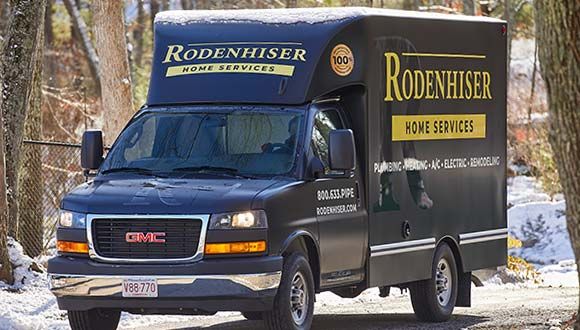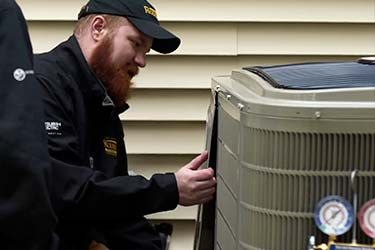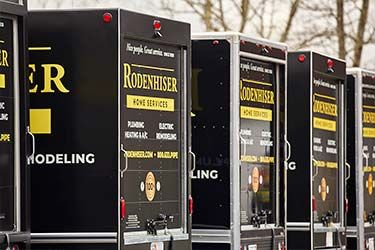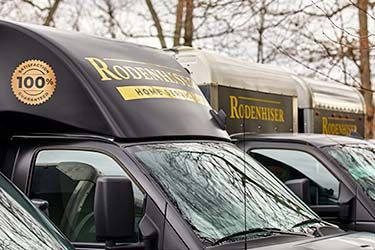



The efficiency and performance of HVAC equipment is constantly evolving. The best way to find the most efficient and highest-rated air conditioning equipment is to look for both the Energy Star label and the air conditioner's SEER rating.

SEER ratings
SEER stands for "seasonal energy efficiency ratio." SEER ratings tell you how efficient an air conditioning system is. These ratings are like automobile ratings for safety or mileage; they reflect strict standards to help the public make wise decisions about equipment purchases. The higher the number, the more energy you will save over the operating life of the unit.
These ratings are constantly evolving -- what may have been a minimum standard five years ago may not be acceptable today. Older systems usually have SEER ratings of 6 or below, but the lowest SEER allowed by the government today is 13. It's wise to invest in the highest-SEER-rated A/C you can to achieve the greatest energy savings.
Energy Star
An air conditioner displaying the Energy Star label has to meet or exceed high standards set by the federal government. For example:
When you're looking for the best in performance, look for the Energy Star label, then for the SEER ratings. By using these standards, you can choose the equipment that will offer you the most savings.
Questions? Contact the experts at Rodenhiser. We serve the Route 495/128 area of Massachusetts, and we're always happy to help you navigate your heating and cooling options.
Our goal is to help educate our customers about energy and home comfort issues (specific to HVAC systems). For more information about high-efficiency air conditioning and other HVAC topics, download our free Home Comfort Solutions Guide.
Rodenhiser Plumbing, Heating and Air Conditioning serves the Route 495/128 area of Massachusetts. Visit our website to see our special offers to get started today!
Photo courtesy of Shutterstock.





Both Alex and Patrick were knowledgeable, courteous, and professional. They made a change that might have solved the recent problem and have structured a more complete solution. We agreed to this...
Mike was thorough, thoughtful and considerate. Covered their shoes before entering, surveyed my issue and provided an explanation of the services and costs. Great Job!
Alex did a great job providing an explanation of the services provided and went out of his way to offer assistance/advice on other issues outside of our scheduled maintenance visit.
Brian did an excellent job inspecting our 18-year old boiler and replacing some of the accessory hardware that needed it, he also adjusted the outgoing hot water settings for our radiators and...
Rodenhiser is my one stop shop!!! They take care of my HVAC, electrical, and plumbing issues & are always helpful addressing any questions I may have about the systems in my house! Everyone...
Chris G. and Nick V. showed up bright and early at 8am to fix my water heater issue. They were on time, polite and were able to fix an issue that has been plaguing my house for a good year. They...
When you are looking for plumbing, electrical, heating or air conditioning in the Route 495 / 128 area, you will be delighted that you called Massachusetts' trusted choice since 1928.
With a total dedication to professional workmanship and excellent service, discover why families and businesses continue to trust Rodenhiser after generations of service







